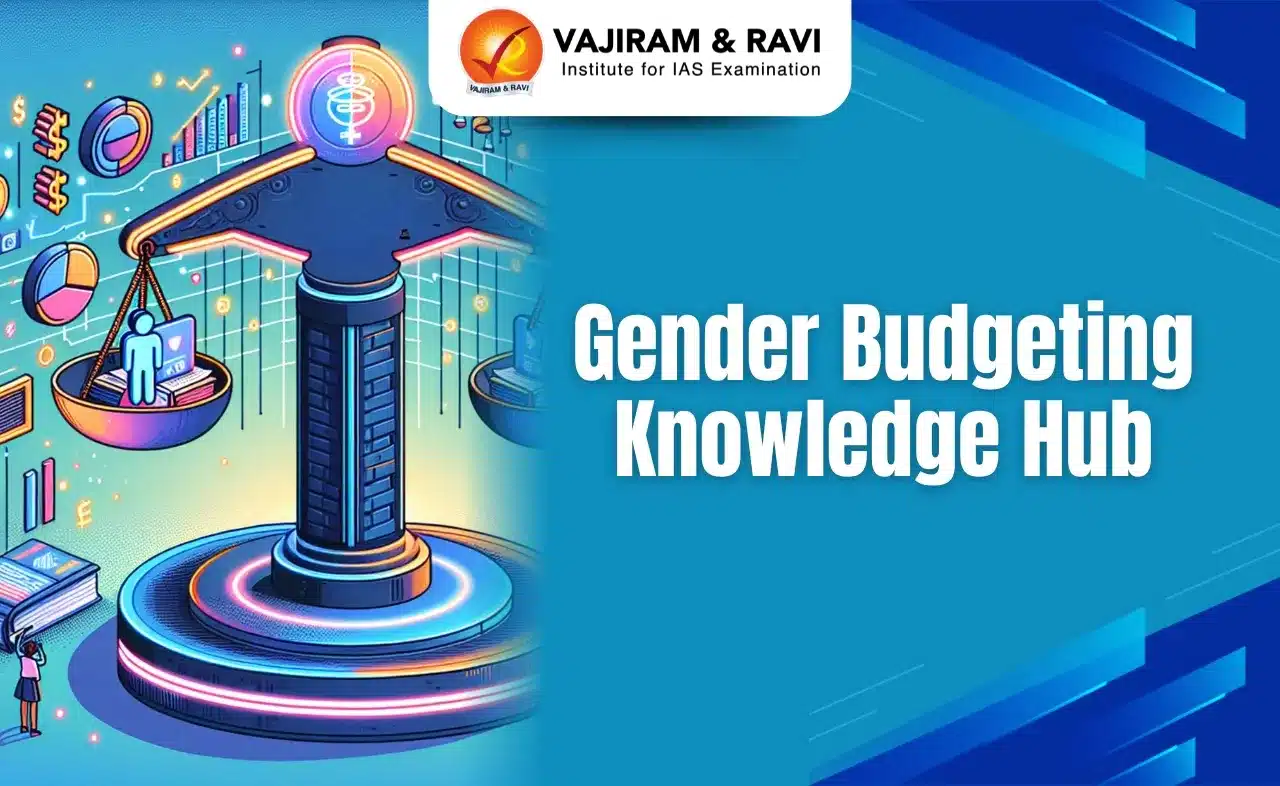About Interim Budget vs Vote-On-Account
- An interim budget serves as a framework for managing provisional expenditures over a short duration, usually spanning a few months, until a new government takes office at the central level.
- An interim budget generally includes the current state of the economy, plan and non-plan expenditures and receipts, changes in tax rates, revised estimates of the current financial year, and estimates for the coming financial year.
- Despite being presented for the entire year, similar to a regular budget, the interim budget is subject to constraints imposed by the Election Commission.
- These constraints aim to prevent the government from implementing policies that could unduly influence the general public before the commencement of voting.
- The Parliament passes a Vote-on-account to meet essential expenditures such as salaries of central government staff, funding of ongoing projects, and other government expenditures.
- In other words, it accounts for only expenditures to be borne by the outgoing government for a period of two months, which may be extended to four months on special circumstances.
- The interim budget serves as a financial plan during a transitional period, typically when there are only a few months left in the current government’s tenure. The vote-on-account can be approved within the framework of the interim budget.
- Like a full budget, an interim budget will be discussed and passed in the Lok Sabha, and in the case of a vote-on-account, it will be passed without any formal discussion as such.
- An interim budget can propose changes in the tax regime, whereas a vote-on-account cannot change the tax regime under any circumstances.
- Vote-On-Account is a parliamentary approval for withdrawing money from the Consolidated Fund of India from April to June/July or until the new Government presents its full-fledged budget.
- It can be termed an advance grant, interim arrangement, and authorisation for the outgoing government to draw the money from the above-said fund and meet short-term expenditures.
- As far as validity is concerned, the interim budget is valid throughout the year whereas the vote-on-account is valid only for a period of two to four months.
Q1) What is the Election Commission of India (ECI)?
The Election Commission of India (ECI) is an autonomous and permanent constitutional body responsible for organizing free and fair elections in the Union and States of India. The Constitution grants the ECI with the power of direction, superintendence, and control of elections to Parliament, state legislatures, the office of president of India and the office of vice-president of India.
Source: Union Budget 2024: What is the difference between an Interim Budget and vote-on-account?
Last updated on June, 2025
→ UPSC Notification 2025 was released on 22nd January 2025.
→ UPSC Prelims Result 2025 is out now for the CSE held on 25 May 2025.
→ UPSC Prelims Question Paper 2025 and Unofficial Prelims Answer Key 2025 are available now.
→ UPSC Calendar 2026 is released on 15th May, 2025.
→ The UPSC Vacancy 2025 were released 1129, out of which 979 were for UPSC CSE and remaining 150 are for UPSC IFoS.
→ UPSC Mains 2025 will be conducted on 22nd August 2025.
→ UPSC Prelims 2026 will be conducted on 24th May, 2026 & UPSC Mains 2026 will be conducted on 21st August 2026.
→ The UPSC Selection Process is of 3 stages-Prelims, Mains and Interview.
→ UPSC Result 2024 is released with latest UPSC Marksheet 2024. Check Now!
→ UPSC Toppers List 2024 is released now. Shakti Dubey is UPSC AIR 1 2024 Topper.
→ Also check Best IAS Coaching in Delhi
























